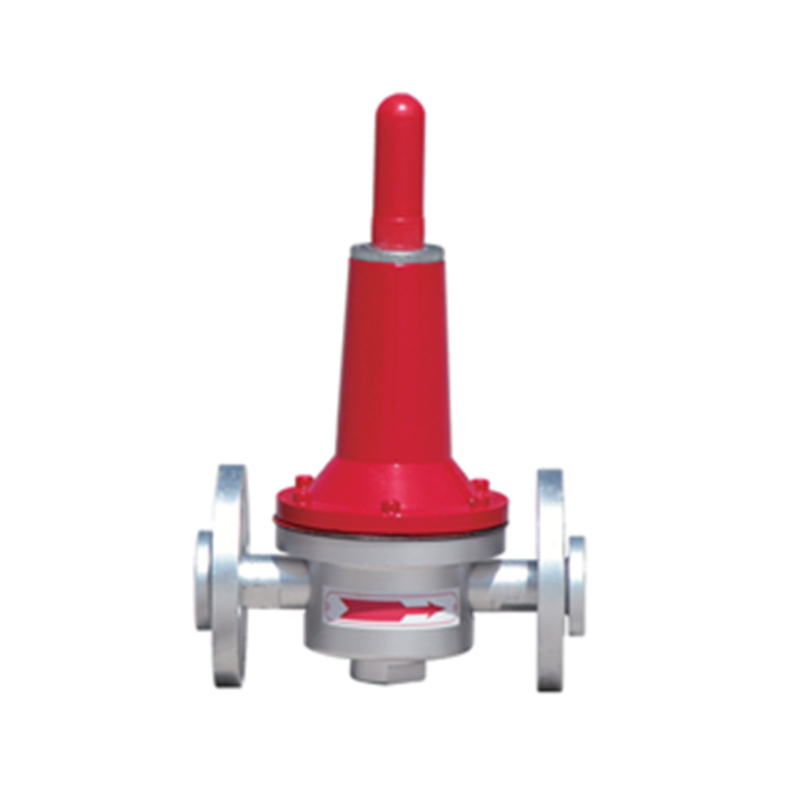
Nov . 09, 2024 14:03
Back to list
Optimizing Gas Filtration Techniques for Improved Air Quality and Efficiency
Gas Filtration A Comprehensive Overview
Gas filtration is a critical technology utilized in various industries to enhance air quality, protect equipment, and ensure compliance with environmental regulations. With the proliferation of air pollutants due to industrial activities, gas filtration systems have become essential for both health and environmental safety.
Understanding Gas Filtration
At its core, gas filtration refers to the process of removing particulate matter, gases, and other contaminants from the air or gas streams. This process involves the use of filters that can capture a wide range of pollutants, including dust, smoke, volatile organic compounds (VOCs), and toxic gases. Gas filtration systems can vary in complexity, from simple mechanical filters to sophisticated multi-stage systems that employ advanced technologies like activated carbon, electrostatic precipitation, or chemical absorbents.
Types of Gas Filtration Systems
1. Mechanical Filters These are the most basic form of gas filters, using physical barriers to trap particles. They can be designed for specific particle sizes, allowing them to be efficient at removing larger particles while less effective against smaller ones.
2. Activated Carbon Filters These filters utilize activated carbon's high surface area, which adsorbs organic compounds and gases. Activated carbon is particularly effective for removing VOCs and odors, making it a common choice in commercial and residential air purification systems.
3. Electrostatic Precipitators These devices use electrical charges to remove particles from gas streams. They are commonly found in power plants and industrial processes, where they can effectively capture ash, smoke, and other fine particulates.
4. Chemical Absorption Filters These systems use chemical reactions to capture specific gases. They are often employed in applications involving harmful gases like sulfur dioxide (SO2) or nitrogen oxides (NOx). The filters can range from simple scrubbers to more complex systems involving multiple stages of chemical reactions.
Applications of Gas Filtration
Gas filtration technology finds applications across various sectors, including
gas filtration

- Industrial Manufacturing Factories face stringent regulations regarding emissions. Gas filtration systems facilitate compliance by reducing harmful emissions, ensuring cleaner air for both the environment and nearby communities.
- HVAC Systems Gas filtration plays a vital role in heating, ventilation, and air conditioning (HVAC) systems. Filters in these systems not only enhance indoor air quality by removing allergens and pollutants but also protect the HVAC equipment from damage caused by particulates.
- Automotive Industry With the growing concern over vehicular emissions, gas filtration technologies have become integrated into vehicle exhaust systems. Catalytic converters and particulate filters are designed to remove harmful substances from exhaust gases before they are released into the atmosphere.
- Environmental Protection Governments and regulatory bodies have implemented air quality standards that necessitate gas filtration systems in various industries. These systems help to mitigate air pollution and protect ecosystems from degradation.
Challenges and Future Directions
Despite the advancements in gas filtration technology, challenges exist. One of the primary concerns is the efficiency and life span of filters. Over time, filters can become saturated, reducing their effectiveness and requiring replacement. This not only incurs costs but also raises concerns about waste management and environmental impact associated with filter disposal.
Innovations in materials science are paving the way for more efficient and sustainable filtration solutions. Nanotechnology, for example, is being explored to develop filters that can capture smaller particles while remaining lightweight and cost-effective. Additionally, smart filtration systems that integrate sensors for real-time monitoring could optimize performance and reduce maintenance needs.
Furthermore, as industries evolve and new pollutants emerge, the demand for adaptable and versatile gas filtration systems will grow. Research into multifunctional filters that can address a variety of contaminants simultaneously will be critical in meeting future air quality challenges.
Conclusion
Gas filtration is a vital technology with far-reaching implications for environmental health and safety. As pollution levels continue to rise globally, the importance of effective gas filtration systems cannot be overstated. By understanding the types, applications, and future challenges of gas filtration, industries can better prepare to implement solutions that not only comply with regulations but also promote a healthier planet. The ongoing advancements in this field hold promises for more efficient, sustainable, and adaptable filtration solutions to combat the pressing issues of air pollution today and in the future.
Latest news
-
Safety Valve Spring-Loaded Design Overpressure ProtectionNewsJul.25,2025
-
Precision Voltage Regulator AC5 Accuracy Grade PerformanceNewsJul.25,2025
-
Natural Gas Pressure Regulating Skid Industrial Pipeline ApplicationsNewsJul.25,2025
-
Natural Gas Filter Stainless Steel Mesh Element DesignNewsJul.25,2025
-
Gas Pressure Regulator Valve Direct-Acting Spring-Loaded DesignNewsJul.25,2025
-
Decompression Equipment Multi-Stage Heat Exchange System DesignNewsJul.25,2025

